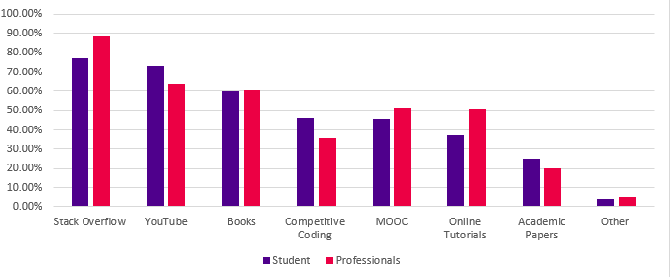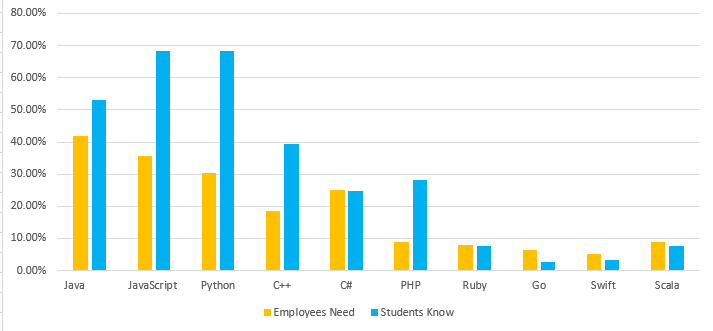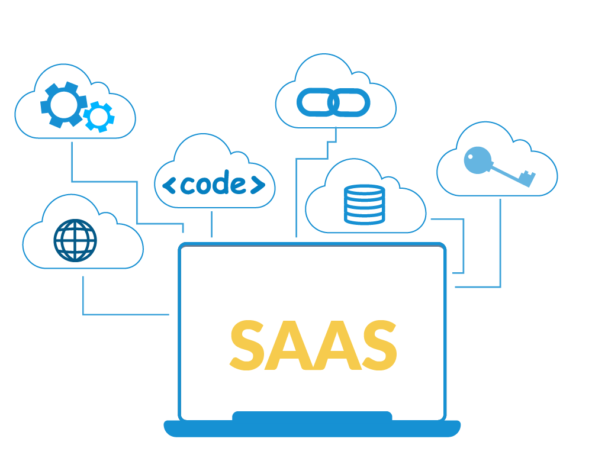Software programming debate: self-taught VS degree?
When the skills gap for tech companies was identified, investment was plunged in the industry’s direction, hoping to fix the issue quickly. Schools adding software programming to compulsory curriculum and more coding camps popped up around the North West.
Funds and loans were put aside encouraging people to consider career changes and invest in a sustainable tech future. However, the funds leaned more towards teaching Generation Z and encouraging women of Generation Y. This opened a market for online coding boot camps, appealing to those seeking control over the learning process. Hence the birth of the self-taught vs degree debate…
Self-taught VS degree
The strongest argument for self-taught programmes is the freedom and flexibility to learn at your own pace, in your own time and pursue the topics that interest you. If employed elsewhere it can be difficult to leave your job and take classes full time. Evening classes can help accommodate the 9-to-5ers but can drag out the programme completion over several years. In addition to programme flexibility, teaching yourself cost free courses, there is also access to free or low-cost resources to assist in your software programming studies and stick to your budget.

Self-taught software programming resources
The obvious con to self-taught coding is the lack of supervision or discipline to complete the training within deadlines. Without a structured syllabus to follow its easy to skip necessary stages in the course.
Developer Top Tip: Avoid limiting your focus to only one specific language, instead integrate multiple languages, math and engineering lessons into your training. Take part in online certification programmes to improve your knowledge and skills and participate in open source projects or start-ups to develop your working portfolio.
Degree programmes, unless taught online, include classroom style teaching with provide the students with additional support from the learning community. The courses provide ongoing documentation and feedback on your skills. The degree forces students to work to non-negotiable deadlines. However, all of the above does come with a heftier price tag than the self-taught development.
The downside to gaining a degree in software programming can be outdated information or languages that don’t suit the individual’s professional goals. The curriculum will already be mapped out to cover vast topics over a period of up to 4 years.
Developer Top Tip: For the money that you spend acquiring a degree, make sure you utilise every resource, meetup, speakers event and applied project you can find. At the start its never what you know, but who you know so take advantage of the various people university enables you to interact with.
Ultimately, choosing self-taught or degree software programming is down to personal choice. Spend time researching companies and their employees to determine what education background is required. Understand popular programme languages and which have the highest level of longevity.
Popular Software Programming Languages 2019:

Languages employers need VS languages students in the UK know
Regardless of self-taught or degree the graph above shows a positive outcome of students learning the right software languages to meet business needs. Unfortunately, at present their is still a skills gap with not enough developers available for the roles. We’ll be keeping a close eye on this and updating developments, so keep checking in with Strategic.
Next post: we’ve been speaking to our network connections and finding out their opinion on hiring self-taught or degree software programmers. Check back on our blogs for that article in a few days. Alternatively, to be involved in the conversation please send your details to Hannah to start the conversation.


